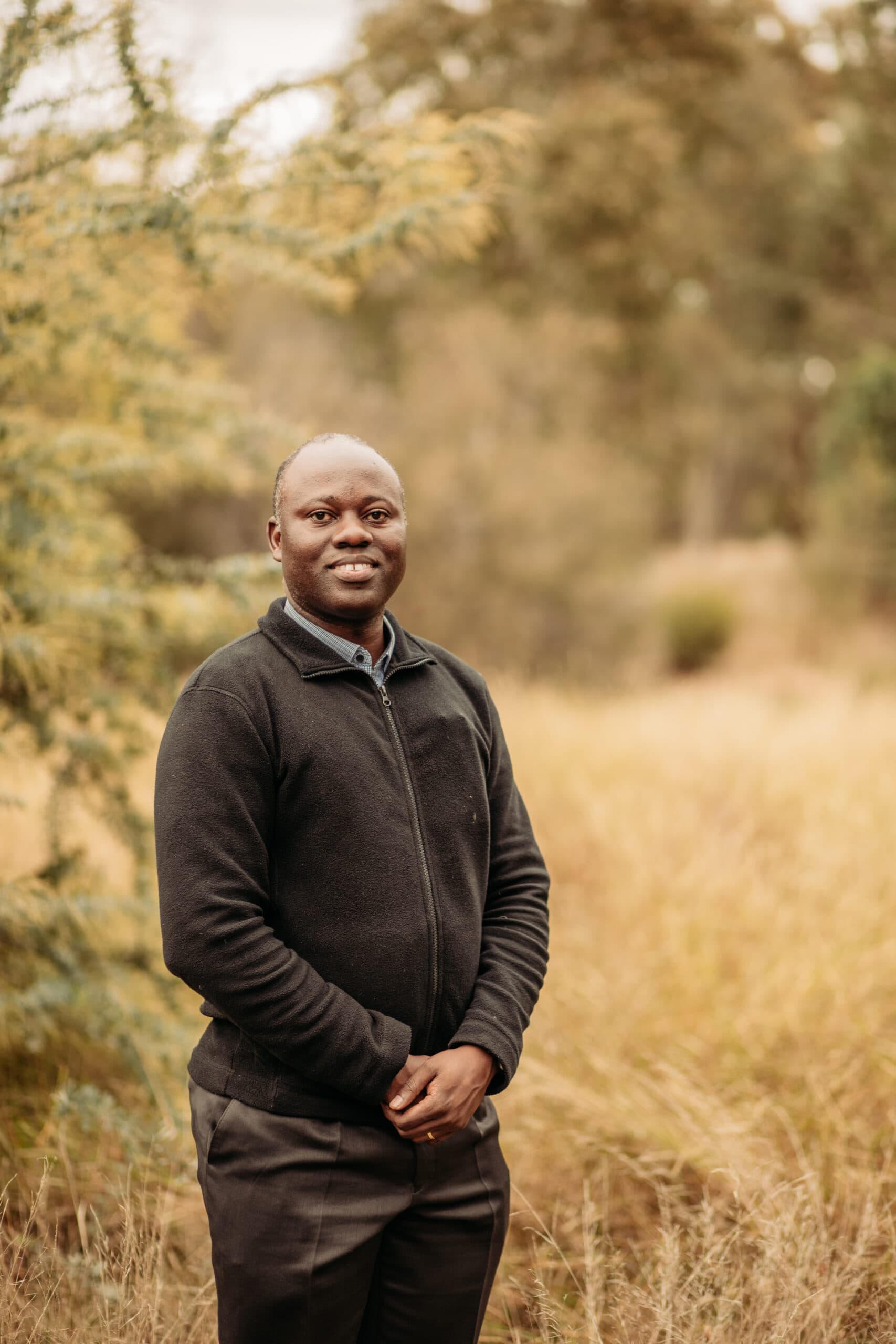Under the recently laid Rice Program Strategic Research, Development and Extension (RD&E) Plan 2021-2026 five new research projects have been contracted underpinning the second priority area of the Plan, aimed at assisting the Australian rice industry to reach a water productivity target of 1.5 tonne per mega litre within five years.
To support this strategic priority, Tichaona Pfumayaramba, better known as Tich, has recently joined the AgriFutures team to oversee the portfolio of new research projects focusing on rice agronomy and farming systems.
Tich brings a wealth of experience to the role – across government, academic, non-government/humanitarian, and private sectors in agricultural economics and agribusiness fields.
Most recently, Tich was an Agricultural Economist at the Department of Agriculture and Fisheries, Queensland (DAFQ) in Townsville, where he worked closely with agronomists and other stakeholders to trial and identify sustainable management practices to improve sugarcane profitability.
Tich is passionate about multi-disciplinary and participatory research approaches and their application in rural development and market linkages. He believes research, development and extension in Agtech can drive productivity and profitability.
Five new research projects focused on agronomy and farming systems
Advancements in digital technologies may offer effective solutions to a range of agronomy and crop management challenges, and support the industry’s water productivity target of 1.5 tonne per mega litre.
AgriFutures Rice Program has taken the opportunity to explore this possibility by partnering with other agricultural industries and supply chain participants in five new research projects.
Project 1: Quick and easy precision ag tools to increase rice yield and water use efficiency
This project led by DataFarming aims to close the gap between research and application by supporting the adoption of technology in the rice industry.
The project team will work closely with agronomists, farmers, NSW Department of Primary Industries (NSW DPI), harvest contractors, SunRice, and technology suppliers to deliver four simple, effective, and semi-automated precision ag tools addressing areas of improving soil structure, identifying anomalies during crop growth, variable rate application of nutrients, and predicting harvest timing to improve whole grain yield.
This project aims to see 75% of rice farmers and agronomists adopt one or more of the four tools by 2025.
Project 2: Real-time remote sensing-based monitoring for the rice industry
In other international rice growing regions, real-time monitoring of rice crops using remote sensing has been adopted with the data effectively identifying important agronomic parameters that can inform crop management and decision-making.
Led by the University of New England (UNE) this project will bring together remote sensing, weather, and field observations, and apply machine learning techniques to develop models to enable field-scale predictions. These will be delivered to growers regularly and provide insights to recommended timings to water or fertilize crops and play a role in harvest management decisions.










